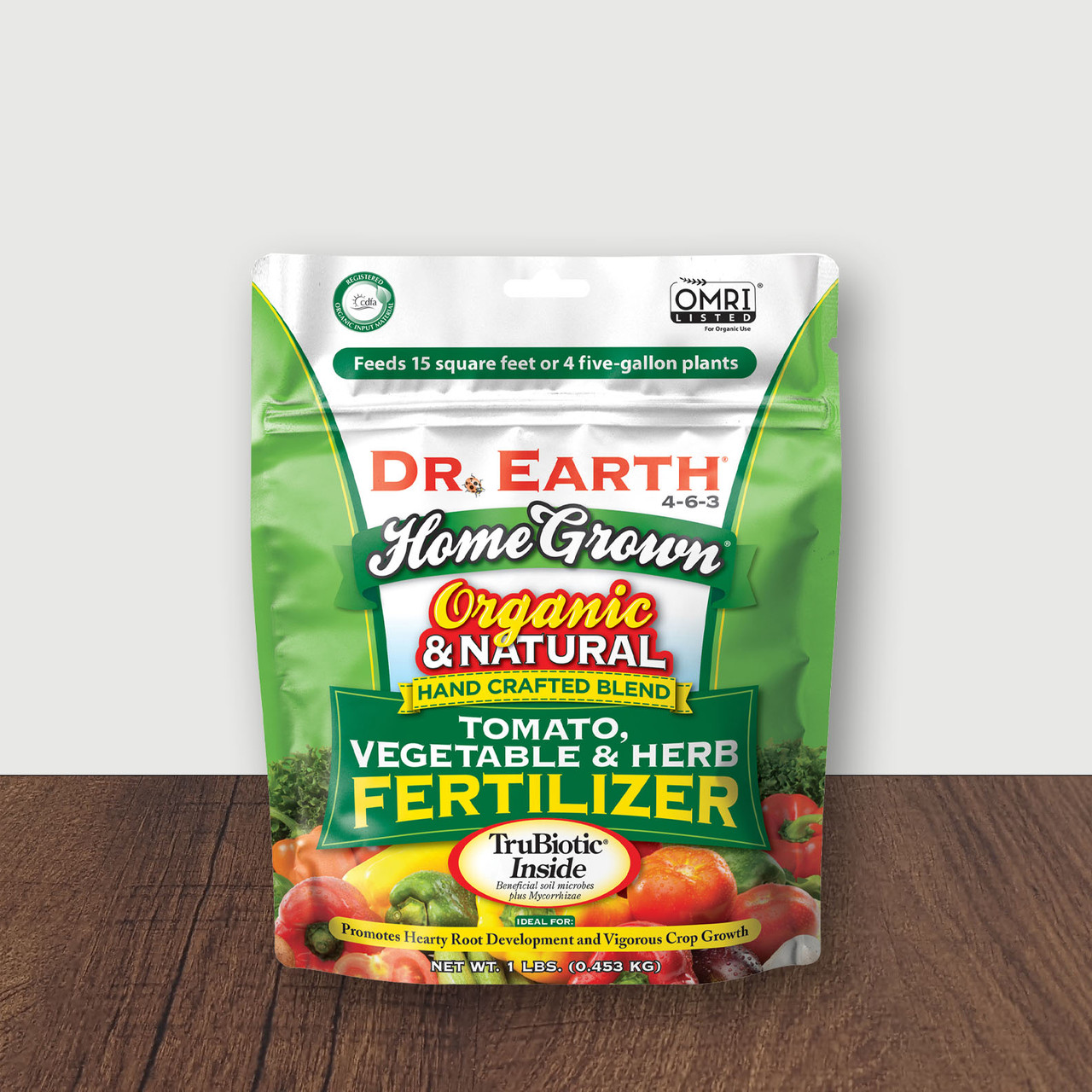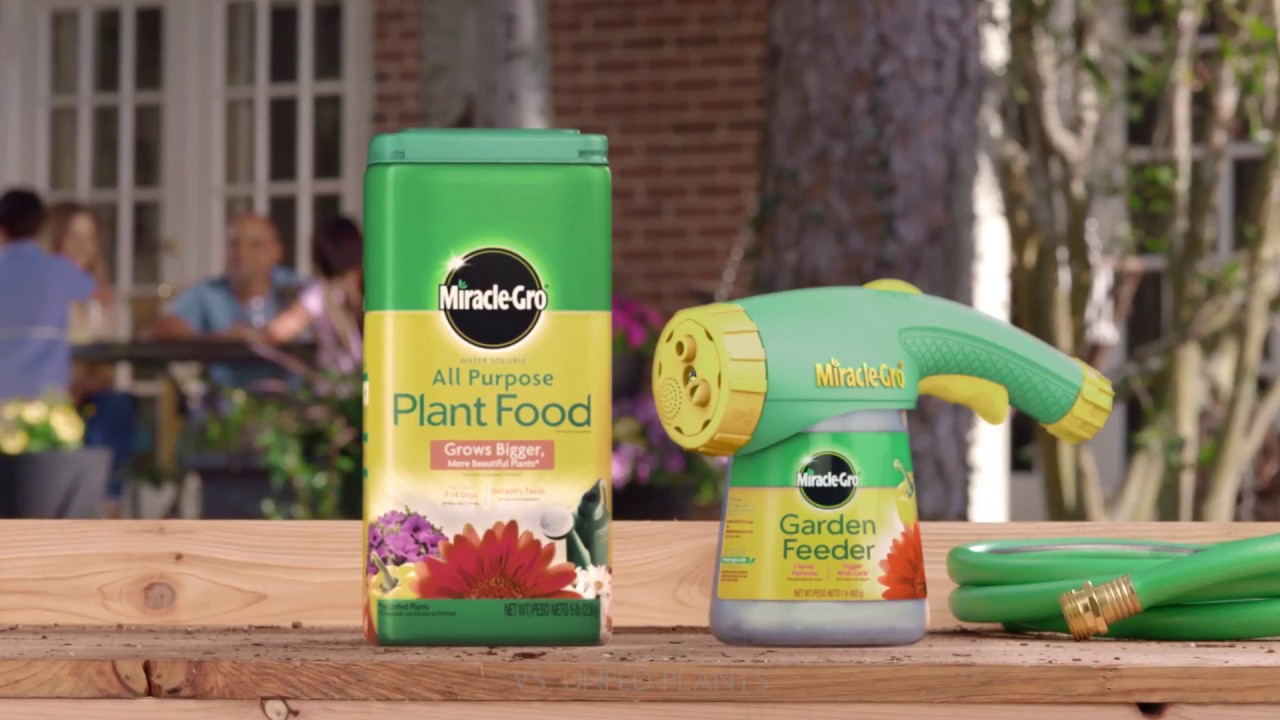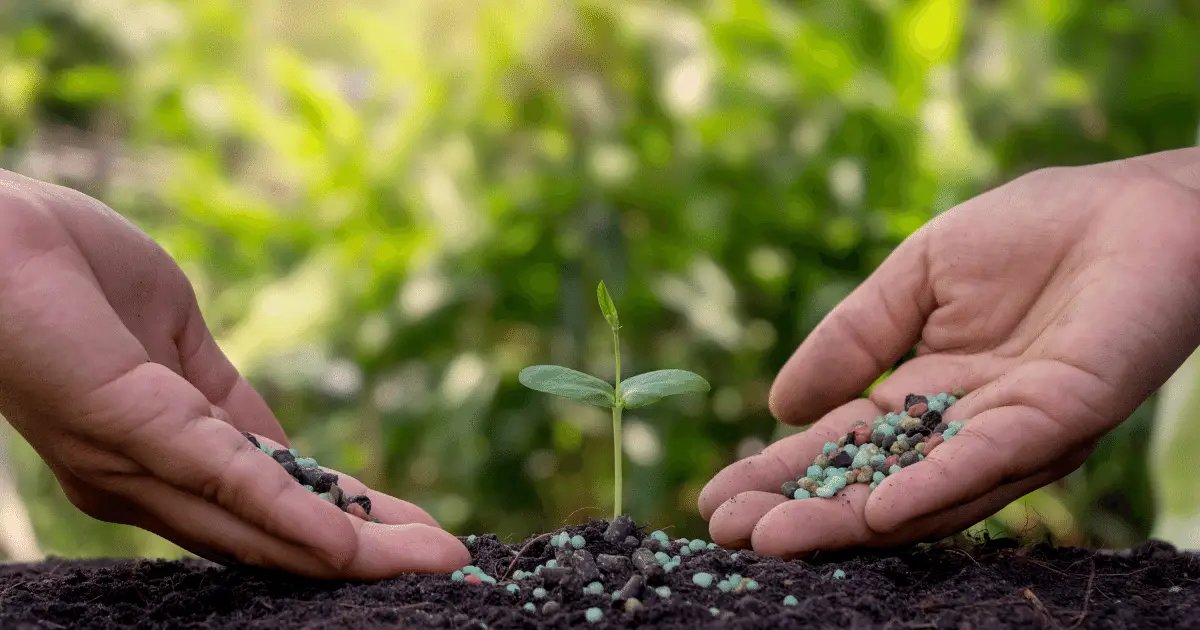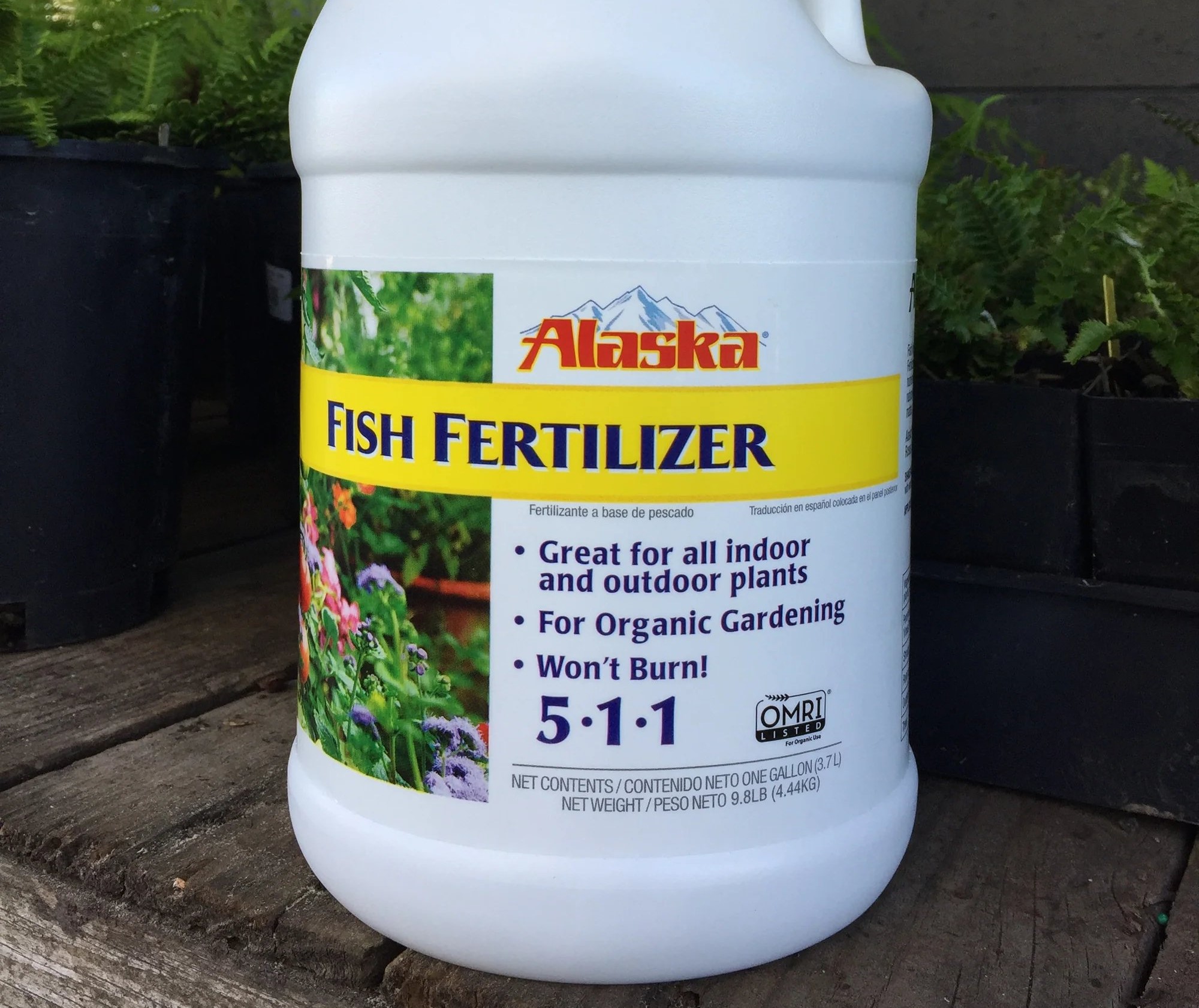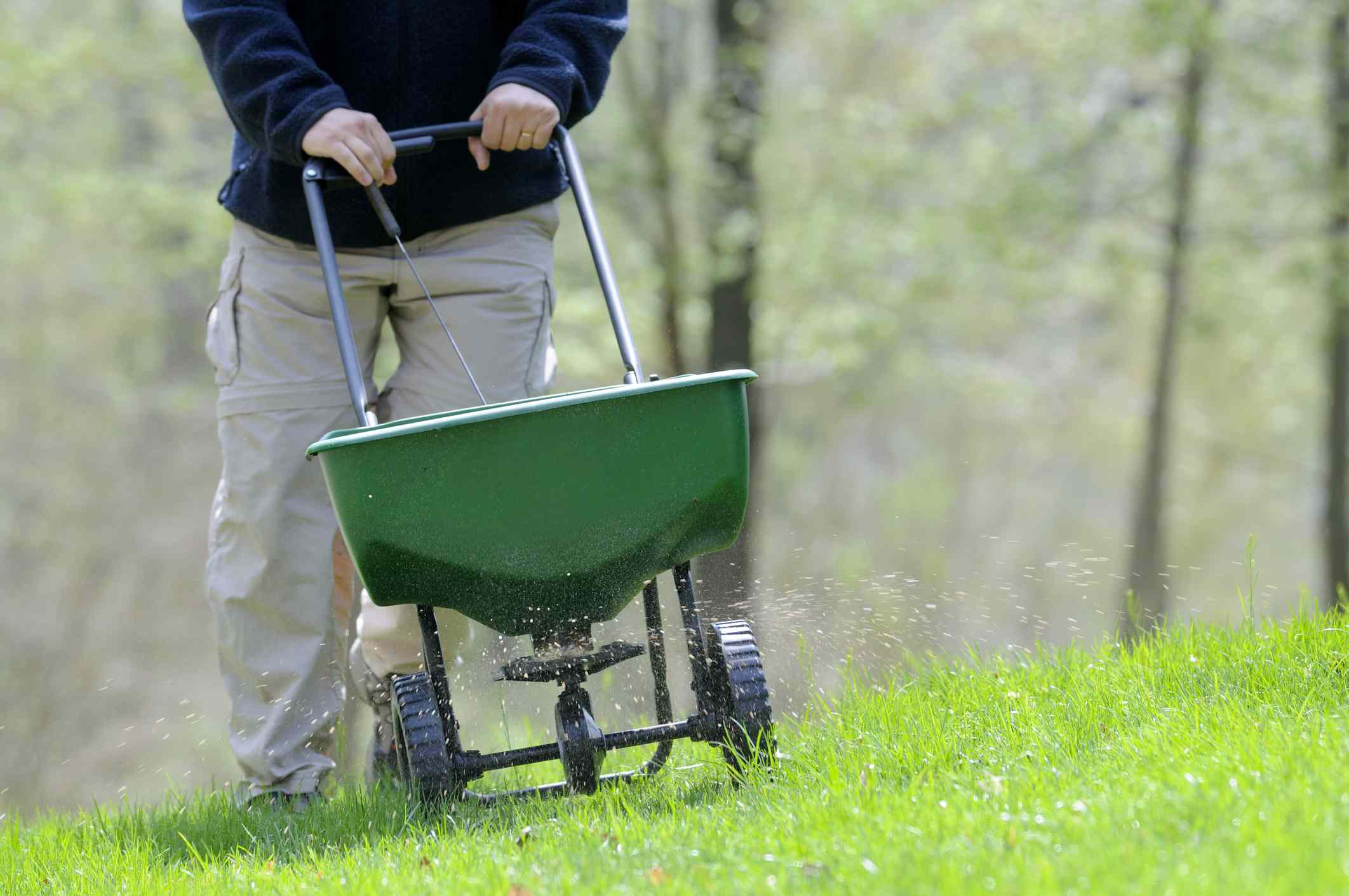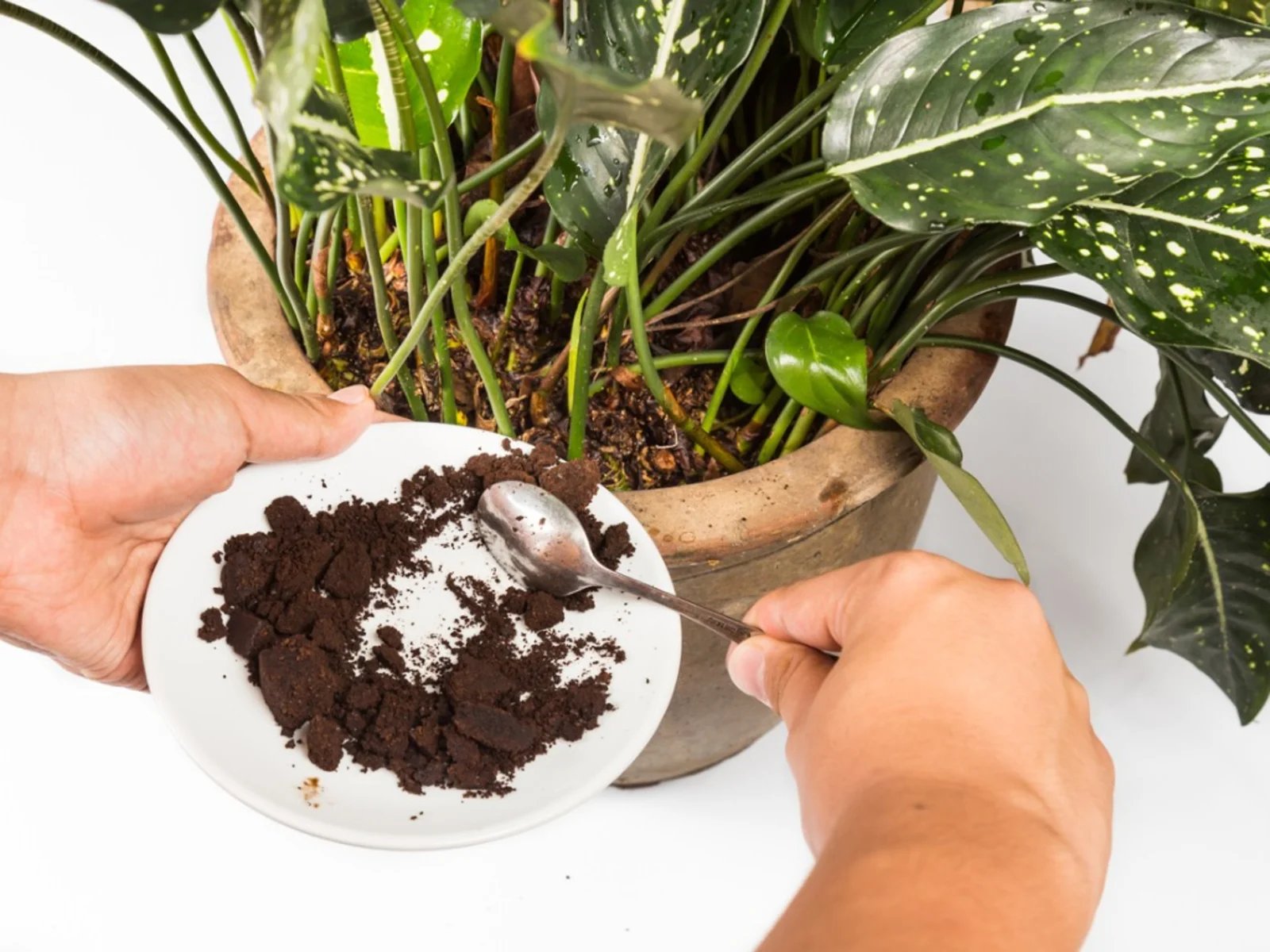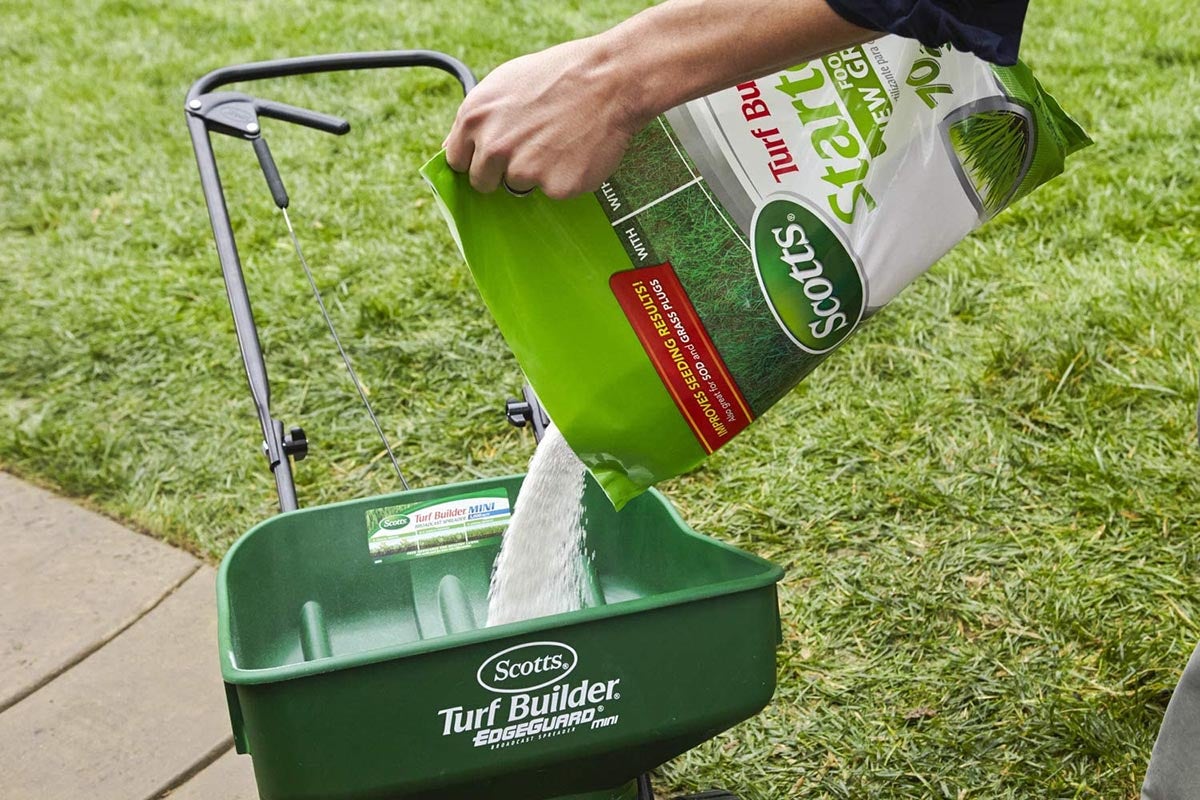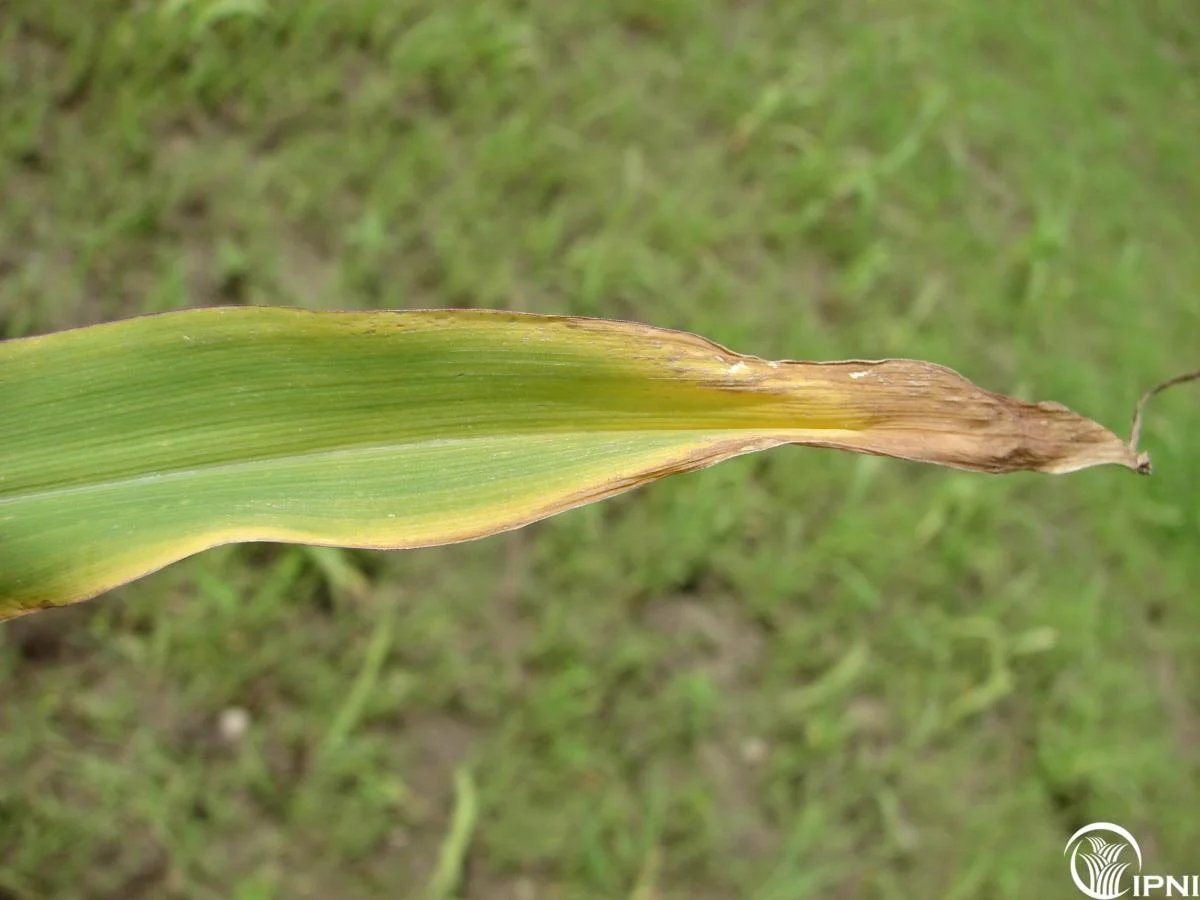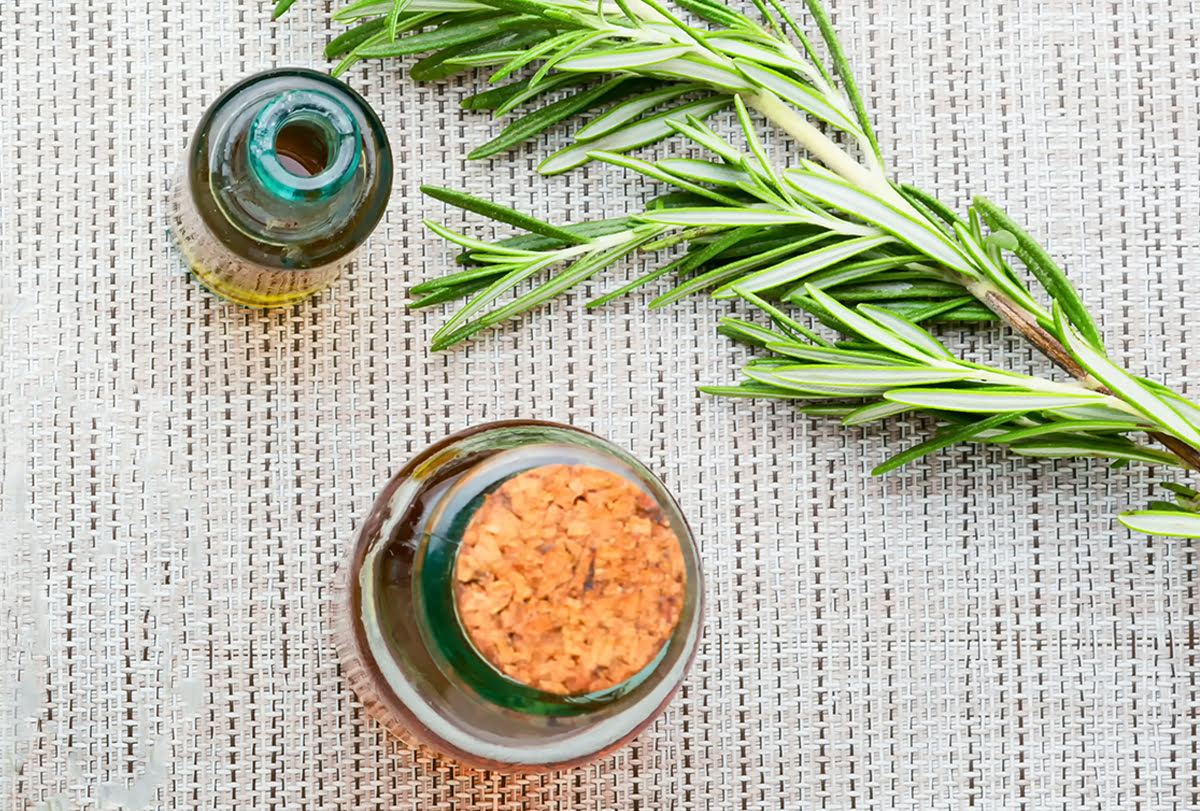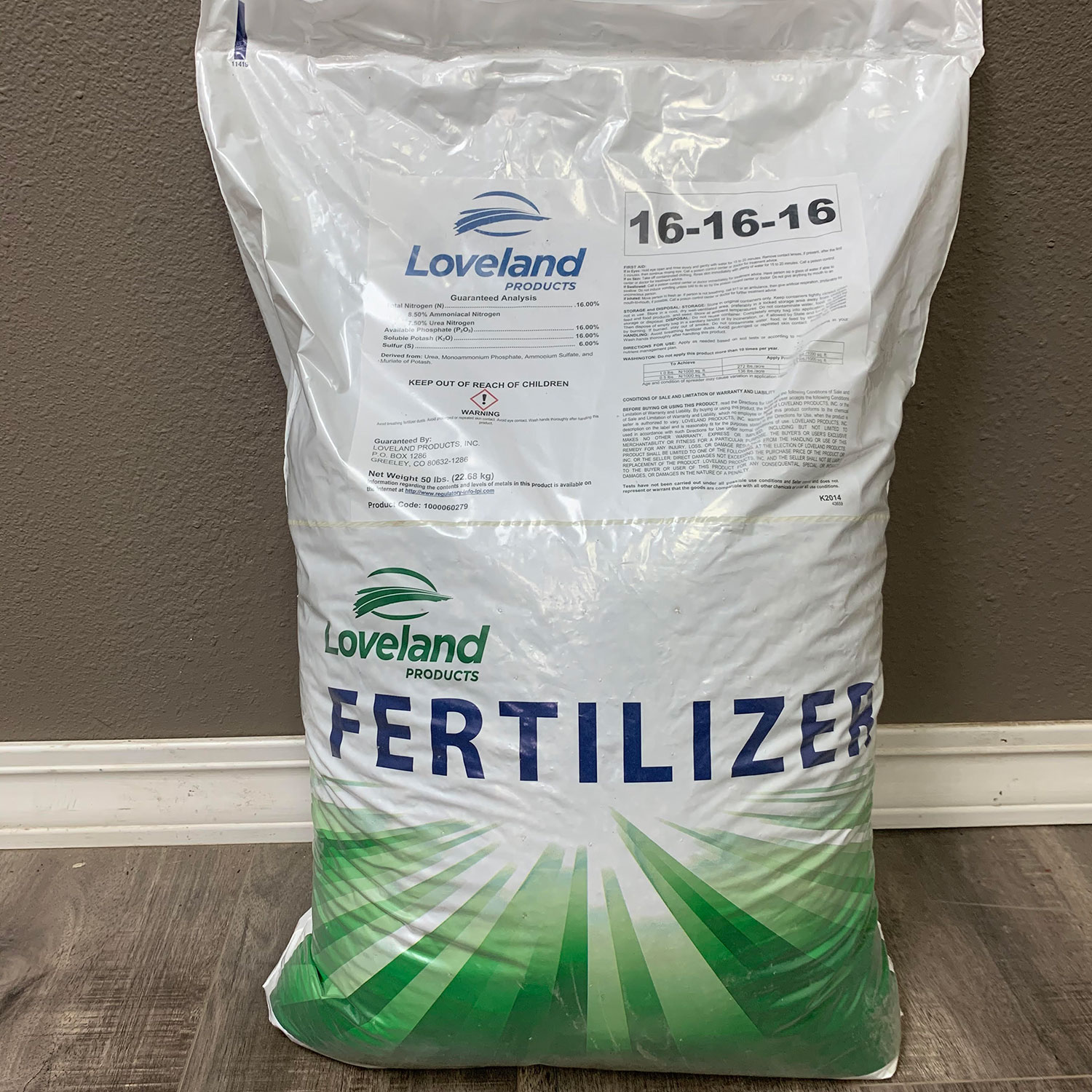Home>Gardening Tips and Tricks>Eco-Friendly Gardening>How Often To Use Urine Fertilizer
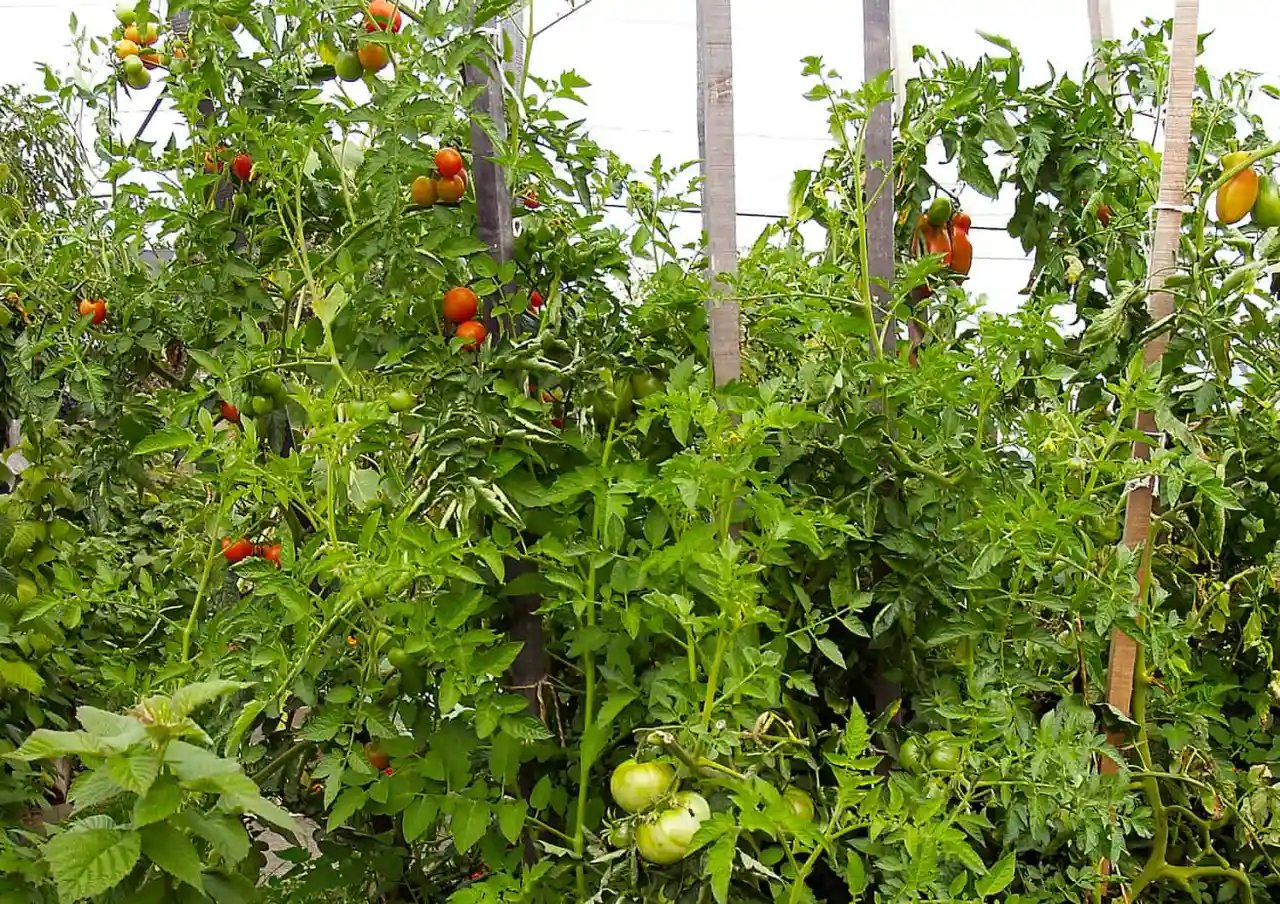

Eco-Friendly Gardening
How Often To Use Urine Fertilizer
Modified: January 22, 2024
Discover the benefits of eco-friendly gardening with urine fertilizer. Learn how often to use this natural and sustainable alternative for healthier plants.
(Many of the links in this article redirect to a specific reviewed product. Your purchase of these products through affiliate links helps to generate commission for Chicagolandgardening.com, at no extra cost. Learn more)
Table of Contents
Introduction
Welcome to the world of eco-friendly gardening! If you’re passionate about sustainable practices and want to make a positive impact on the environment while tending to your garden, then you’ve come to the right place. In this article, we will explore the fascinating concept of using urine as a natural fertilizer for your plants.
Urine, often regarded as waste, is actually a nutrient-rich substance that can significantly enhance the growth and vitality of plants. Instead of flushing it down the toilet, why not consider harnessing its potential as a free and sustainable fertilizer? Not only does this reduce water waste, but it also contributes to the circular economy by recycling nutrients back into the soil.
Using urine as fertilizer is not a new concept. In fact, it has been practiced for centuries in various cultures around the world. It is a natural and organic alternative to synthetic fertilizers that often come with harmful environmental consequences. Utilizing urine fertilizer not only reduces pollution but also promotes a more sustainable and self-sufficient approach to gardening.
Benefits of Urine Fertilizer
Urine fertilizer offers numerous benefits that make it an attractive choice for eco-friendly gardeners. Let’s explore some of the key advantages:
- Nutrient-Rich: Urine is rich in essential plant nutrients such as nitrogen, phosphorus, and potassium, making it a complete fertilizer. These nutrients are vital for plant growth, promoting healthy foliage, root development, and fruit production.
- Cost-Effective: Using urine as a fertilizer is virtually cost-free. Instead of purchasing expensive synthetic fertilizers, you can recycle and utilize the nutrients already present in your own urine. It’s a sustainable and economical solution for enhancing your garden’s productivity.
- Sustainable Recycling: By using urine as fertilizer, you are participating in a closed-loop system. Rather than wasting valuable nutrients by flushing them away, you are recycling and returning them to the soil. This contributes to sustainable gardening practices and helps reduce dependence on external inputs.
- Water Conservation: Urine fertilizer significantly reduces water usage by diverting the nutrients directly to the plants. This is especially vital in regions experiencing water scarcity or in water-intensive gardening practices. By utilizing urine as fertilizer, you are conserving water while still providing necessary nutrients to your plants.
- Environmentally Friendly: Synthetic fertilizers can have detrimental effects on the environment, including water pollution and soil degradation. Using urine as a natural alternative reduces the release of harmful chemicals and helps maintain a healthier ecosystem. It’s an eco-friendly way to nurture your plants while minimizing environmental impact.
Factors to Consider
While urine fertilizer offers numerous benefits, there are certain factors to consider before incorporating it into your gardening routine. These factors will help ensure successful and safe utilization of urine as a natural fertilizer:
- Dilution: Undiluted urine can be too concentrated for plants and may cause harm. It is crucial to dilute urine with water before applying it to your garden. A general guideline is to mix one part urine with eight parts water, but this ratio can vary depending on the specific plants and soil conditions.
- Timing: The timing of urine application is important. It is best to apply urine fertilizer during the active growing season when plants can readily absorb the nutrients. Avoid applying urine too close to harvest time, as it may lead to a buildup of certain elements in the plants that could affect their taste.
- Plant Tolerance: Some plants may be more tolerant of urine fertilizer than others. Leafy greens and fruiting plants generally respond well to urine fertilization, while more sensitive plants may require a milder approach. It’s important to observe your plants’ response and make adjustments accordingly.
- Soil pH: Urine is slightly acidic, which can affect soil pH levels over time. Monitoring and maintaining the pH balance of your soil is crucial for healthy plant growth. Regular soil testing and pH adjustments, if necessary, will help ensure optimal conditions for your plants.
- Health Considerations: It is important to note that urine can contain traces of medications and other compounds that may be harmful to plants or the environment. If you are taking medications or have health conditions, it’s advisable to consult with a healthcare professional before using urine as fertilizer.
By considering these factors and adjusting your gardening practices accordingly, you can effectively harness the benefits of urine fertilizer while minimizing any potential drawbacks. Remember to always prioritize the health and well-being of your plants and the environment.
Recommended Frequency of Application
The frequency of urine fertilizer application can vary depending on factors such as plant type, soil fertility, and nutrient requirements. Here are some general guidelines to help you determine the optimal frequency for using urine as fertilizer:
- Early Growth Stage: During the early growth stage of plants, when they are establishing their root systems and developing foliage, it’s beneficial to provide a boost of nutrients. You can apply urine fertilizer once every two to four weeks to support healthy growth and development.
- Vegetative Stage: As plants continue to grow and develop, they require a steady supply of nutrients for robust foliage and stem development. Applying urine fertilizer every three to six weeks during the vegetative stage can help meet their nutrient needs.
- Flowering and Fruit-Setting Stage: During the flowering and fruit-setting stage, plants have an increased demand for nutrients to support the production of blooms and fruits. Applying urine fertilizer every two to four weeks can provide the additional nutrients required for optimal flowering and fruit development.
- Regular Monitoring: It’s important to regularly monitor the condition of your plants and the soil to determine if they require additional nutrients. Visual cues such as yellowing leaves or stunted growth can indicate nutrient deficiencies. In such cases, you may increase the frequency of urine fertilization to address the specific needs of your plants.
Remember to always observe your plants’ response to urine fertilizer and make adjustments as needed. Each gardening environment is unique, so it’s essential to adapt the frequency of application based on the specific requirements of your plants and soil conditions.
How to Apply Urine Fertilizer
Applying urine fertilizer to your garden is a simple process that can be easily integrated into your gardening routine. Here are step-by-step instructions to help you effectively apply urine as a natural fertilizer:
- Collect and Store Urine: Start by collecting urine in a clean container. Use a dedicated container for urine collection and ensure it is properly labeled to avoid any confusion. Store urine in a cool, dark place to prevent the breakdown of nutrients.
- Dilute the Urine: Before applying urine to your plants, it’s important to dilute it with water. The general recommendation is to mix one part urine with eight parts water. This dilution helps reduce the concentration of nutrients and prevents potential damage to the plants.
- Watering Can or Sprayer: Transfer the diluted urine fertilizer into a watering can or a sprayer for easy application. Choose a watering can with a fine nozzle or a sprayer with a mist setting to ensure even distribution of the fertilizer.
- Apply to Soil: Apply the diluted urine fertilizer directly to the soil around the base of your plants. Avoid splashing the foliage as it may cause leaf burn. Gently water the soil after applying the fertilizer to help it penetrate deeper into the root zone.
- Keep a Record: Maintain a gardening journal to keep track of the dates and frequency of urine fertilization. This record will help you monitor the effectiveness of the fertilizer and adjust the application as needed.
- Rotate Application Areas: Consider rotating the areas where you apply urine fertilizer in your garden to avoid excessive nutrient buildup in one spot. This ensures even distribution of nutrients and prevents potential imbalances in the soil.
By following these simple steps, you can effectively apply urine fertilizer to your garden, providing your plants with the necessary nutrients for healthy growth and development.
Precautions and Safety Measures
While urine fertilizer is a natural and sustainable option for nourishing your garden, it’s important to take certain precautions and safety measures to ensure its safe and effective use. Here are some key considerations:
- Hygiene: Practice good hygiene when collecting and handling urine. Always wash your hands thoroughly with soap and water after handling urine, especially before eating or preparing food.
- Storage and Labeling: Store urine in a clean and properly labeled container to prevent any accidental misuse. Keep it away from children and pets who may mistake it for water or other liquids.
- Personal Health: If you have any underlying health conditions or are taking medications, it’s important to consult with a healthcare professional before using urine as fertilizer. Some medications and health conditions may contaminate the urine and pose risks to the plants or the environment.
- Application Area: Avoid applying urine fertilizer on edible parts of plants that will be consumed raw, such as leaves or fruits. Focus on applying it to the soil around the plant’s base to minimize the risk of contamination.
- Dilution: Always dilute urine with water before applying it to your garden. This helps to minimize the concentrated levels of nutrients and reduces the risk of burning or damaging the plants.
- Timing: Avoid applying urine fertilizer too close to harvest time. This allows sufficient time for any potential contaminants to break down and ensures the safety of the produce.
- Soil Testing: Regularly test the pH and nutrient levels of your soil to ensure a healthy balance. This will help you determine if additional supplements or adjustments are needed in conjunction with urine fertilization.
By following these precautions and safety measures, you can safely and confidently integrate urine fertilizer into your gardening practice, reaping the benefits of this eco-friendly and sustainable approach.
Conclusion
In conclusion, using urine as a natural fertilizer offers numerous benefits for eco-friendly gardening. It is a sustainable, cost-effective, and nutrient-rich alternative to synthetic fertilizers. By recycling and harnessing the nutrients present in urine, we can reduce water waste, conserve resources, and promote a healthier ecosystem.
However, it is important to consider various factors such as dilution, timing, plant tolerance, soil pH, and personal health before incorporating urine as fertilizer. Diluting urine, applying it at the right stage of plant growth, and monitoring plant response are essential for successful utilization.
Remember to practice good hygiene, properly store and label urine, and consult with a healthcare professional if you have any health conditions or take medications. By taking these precautions, you can ensure the safe and effective use of urine fertilizer in your garden.
Urine as a natural fertilizer is not only environmentally friendly but also promotes self-sufficiency and sustainable gardening practices. It allows us to close the nutrient loop, reduce reliance on external inputs, and minimize the use of harmful synthetic chemicals.
So, if you’re looking for a way to enhance your garden’s productivity while minimizing your environmental impact, consider giving urine fertilizer a try. Embrace the power of this often overlooked resource and unlock the potential for healthier, greener, and more eco-friendly gardens.
